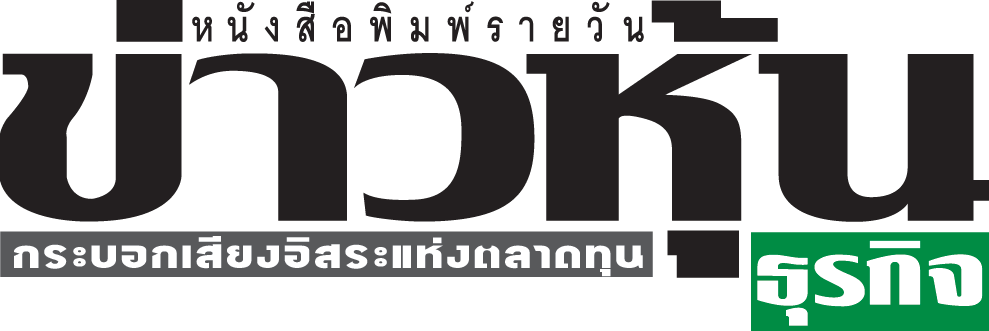
Is VGI Paving the Path to Stand Alone as Out-of-Home Media Operator?
Is 18.59% of PLANB enough for VGI as an investment for dividend yield?
The deal between VGI Global Media Public Company Limited (VGI) and Plan B Media Public Company Limited (PLANB) is something worth keeping an eye on as VGI had already acquired 18.59% of PLANB with an investment of THB 4,619 million on last week.
This is quite a surprise, especially in the business that two competitors agreed on being an ally. Which stirred some noise from investors to question the acquisition that whether is this to kill off the brand or not when similar cases had happened before?
Nevertheless, the executive asserted that the acquisition was for investment only.
VGI earned the right to be the advertising operator on BTS Skytrain with Master Ad Public Company Limited (MACO) as a flagship for out-of-home (OOH) media operator. MACO may have an advantage over PLANB with more nationwide billboards and banners while PLANB has higher and more modern technology.
On the other hand, PLANB has premium out-of-home advertising from banners on highways, main roads, buses, malls, especially in six major airports in Thailand (Suvarnabhumi, Don Muang, Phuket, Hat Yai, Chiang Mai, Chiang Rai), and a huge jumbotron at Central World. Which is why PLANB has higher potential when it comes to the digital era.
This may have been the reason why VGI decided to buy PLANB’s shares, though it already has MACO.
Analysts made analytic reports saying that this acquisition will give VGI around THB 65-80 million per year from dividend payment (using 2018 dividend payment as a reference, which is around 6% of its profit.)
However, there is more to this than meets the eye. This investment will create synergies and economies of scale along with decreasing the competition on OOH while helping managing costs for both companies.
Upon checking its financial statement at year-end March 31, 2016, VGI had THB 940 million of net profit from THB 2,423 million in revenue (38.81% net profit margin). At year-end March 31, 2017, VGI booked THB 826 million of net profit from THB 3,358 million in revenue (24.61% net profit margin). At year-end March 31, 2018, VGI recorded THB 846 million of net profit from THB 4,079 million in revenue (20.74% net profit margin).
As for PLANB, at year-end March 31, 2016, the company booked THB 351 million of net profit from THB 2,448 million in revenue (14.36% net profit margin). At year-end March 31, 2017, PLANB recorded THB 460 million from THB 3,016 million in revenue (15.27% net profit margin) while recorded THB 642 million of net profit from THB 4,043 million in revenue (15.90% net profit margin) at year-end March 31, 2018.
It is clear that PLANB had better and constant growth than VGI, and it might catch up with VGI in the future. This may have been something that keeps bugging VGI, as the number 1 in the business, to have a runner up this close to the throne.
Thus, the acquisition in PLANB might have been one of the way out for VGI, and whether VGI is taking over PLANB or not is something for the future to talk about as the a like Mr. Keeree Kanjanapas is not an impulsive person. So, if VGI really plans to take over PLANB, the strategy will be to slowly take it over bit by bit.


